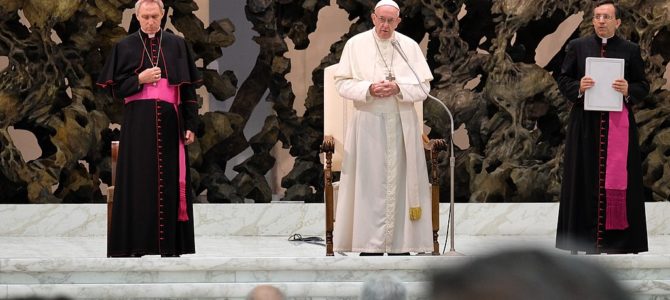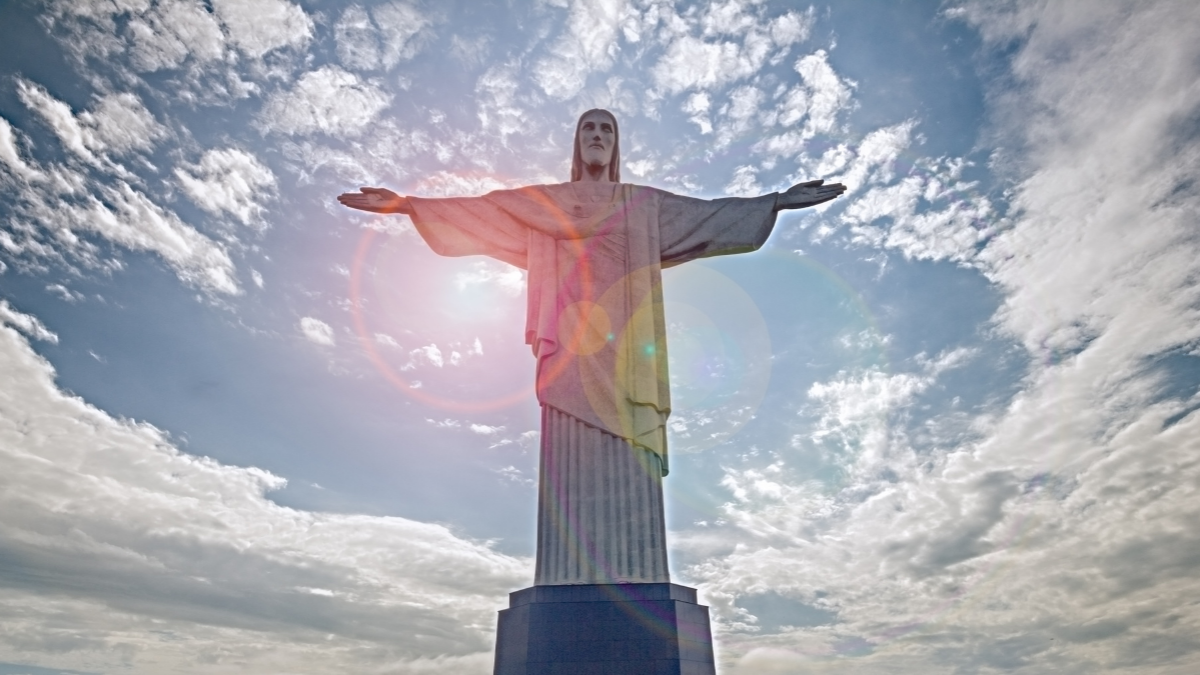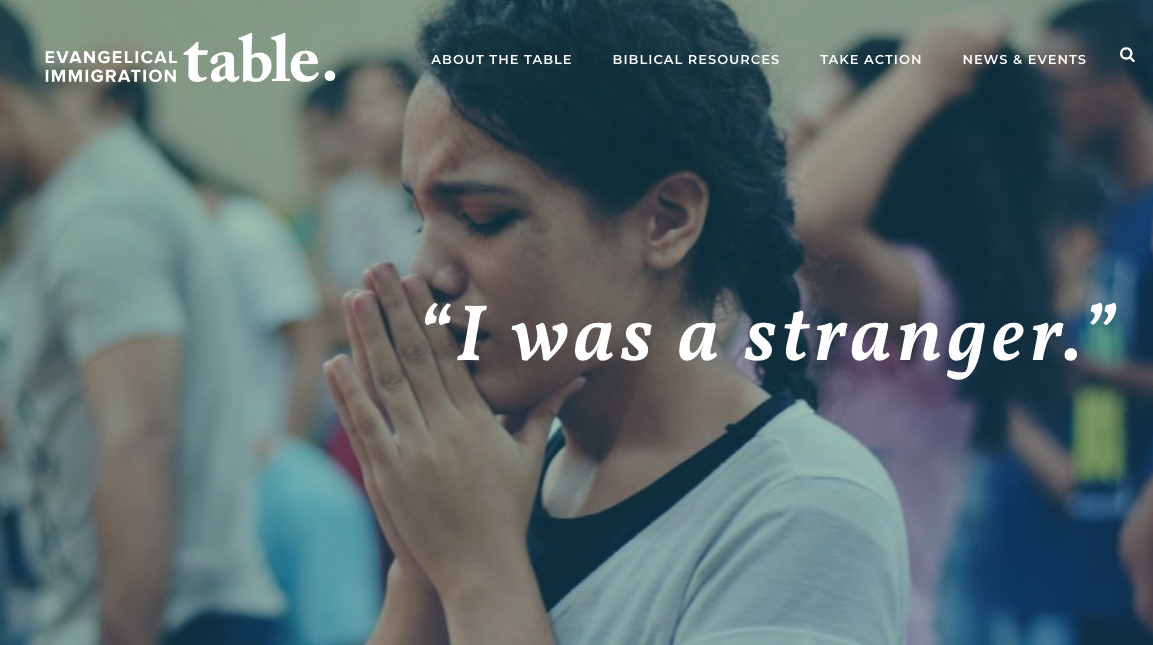
For 2,000 years, the Catholic Church has been at war with human nature. It usually loses, as it must, and over the past few weeks it has been losing more than usual.
The “pedophile priest” scandal has gotten widespread publicity in the United States since the Boston Globe broke the story all the way back in 2002. A few weeks ago, a grand jury convened by the Pennsylvania Supreme Court released its report detailing the vast extent of the priests’ criminal action, and of the church’s cover-up. Here is just a small sampling, from John Daniel Davidson’s summary in The Federalist. I promise this is all that I will quote.
There is the priest who raped a seven-year-old girl in the hospital after she’d had her tonsils out. There is the priest who raped a girl, got her pregnant, then arranged for an abortion. There is the ring of priests in the Pittsburgh diocese who ‘shared intelligence or information regarding victims,’ created child pornography and exchanged victims among themselves, using ‘whips, violence and sadism in raping their victims.’ It goes on and on, and it is sickening.
One of the chief villains to emerge from this scandal is Cardinal Theodore McCarrick, who in July was forced to resign from the College of Cardinals, but had been promoted to it back in 2001 despite widespread knowledge of his actions in the American church, which no one in authority cared to investigate.
Over the weekend, it got worse. A letter from Archbishop Carlo Maria Vigano, a former Vatican ambassador to the United States, alleges that the corruption goes all the way to the top. According to Vigano, the top leadership of the Catholic Church, including Pope Francis, has been running interference for the pedophile priests.
This is the sort of thing that ought to have people nailing manifestos to church doors. But that’s not quite what’s happening. Or rather, it already happened 500 years ago, and those who still persist in their loyalty to the Catholic Church are not as easily shaken off.
Vigano blames the scandal on a “pro-gay” cabal within the church who want to change its teachings on the evil of homosexuality. (We tend to think of this as a problem of “pedophile” priests, and that is the most grotesque part of the story, but the majority is actually about high-ranking priests foisting their attentions on young adult men in seminaries.) Similarly, after his clear-eyed summary of the facts, Davidson offers this explanation.
The crisis did not arise from the teachings of the Catholic Church, it arose from the abandonment of those teachings by a faction of US priests, bishops, and theologians amid the ferment of the sexual revolution in the 1960s and ’70s. More than anything, the sex abuse crisis in the church stems from the ‘culture of dissent’ that prevailed in seminaries and dioceses across the country during this time.
So if the problem is all those hippie priests from the sixties, who better to blame for it than Frank the Hippie Pope? This is a form of deep denial. The Catholic Church’s problems go back much farther than the 1960s. They are the wreckage of its doomed war on human nature, which it has carried out on two fronts.
The church’s war begins, most obviously, with its attempt to suppress human sexuality. The early church father Augustine cemented the doctrine that sexual desire is the ultimate manifestation within us of original sin and is therefore inherently evil. It is difficult to understate how central this was and still is to Catholic teachings. It is, for example, the origin of Catholic opposition to birth control, since in this view, procreation is the only positive value that can justify sexual intercourse as a kind of necessary evil.
In Augustine’s time, the question of whether priests could marry was still a matter of contention within the church, but eventually his views won out. In this respect, the Catholic Church is, and remains, more puritanical than the Puritans, Protestants who allowed their priests to marry.
But when you attempt to totally suppress a normal and natural part of human life—and nothing could be more normal and natural than a desire that ensures the existence of our species in the first place—you are fighting a battle that you can’t win. More specifically, when you try to repress sexuality, it tends to come out sideways. Those who have no concept of a healthy sexuality will tend to develop an unhealthy sexuality. Hence the concentration within the church hierarchy of men with a sexual preference for children and teenage boys.
One other factor virtually ensures the corruption of the whole organization: the Catholic conception of its institutional authority. The distinguishing feature of the Catholic Church, and its central conflict with Protestantism, is the idea that it is not merely the ideas and values of Christianity that are necessary for man’s salvation, but the institution itself.
Priests in the Catholic Church are not merely men who have studied religion or distinguished themselves by their example of virtuous behavior. They are supposed to enjoy a special metaphysical status as God’s representatives on Earth, acting in persona Christi, “in the person of Christ,” and according to the Vatican II conference, “partak[ing] of the function of Christ the sole mediator” between man and God.
Yes, well, clearly that’s not working out. And how could it possibly work out? The Catholic Church is attempting to invest a literally god-like, otherworldly infallibility in an earthly institution run by fallible and corruptible men. So of course this organization will attract and promote the kind of men who like to wield power while being shielded from scrutiny. This is the fundamental problem of making an institution synonymous with an idea and of equating devotion to that idea with devotion to specific people.
This is the second way in which the church is at war with human nature. Human nature includes the ability to reason, to weigh ideas and to make judgments for oneself. Everyone senses, on some level, that we have to do this for ourselves as a matter of survival. But the Catholic Church, by asserting its authority as the literal voice of God on Earth, calls on its followers to suppress their private judgment and cultivate a habit of mental obedience. Back to Vatican II: “religious submission of mind and will must be shown in a special way to the authentic magisterium,” that is, the religious authorities. This is what makes believers into a “flock,” that is, into sheep ready to be preyed upon by a wolf in priests’ clothing.
It might sound like I’m throwing in with the Protestants, and I’ll admit to having a soft spot for those Protestant preachers who believed in the supremacy of reason and the “right of private judgment.” But having already been branded an “anti-Catholic writer” because I criticized Pope Francis for his insane level of ignorance about money and capitalism, I hasten to add that, as an atheist, I don’t see it as my job to pick sides among various religious sects and denominations. So rather than using this as an opportunity to kick the Catholic Church while it’s down—it has been bleeding power and moral authority for at least 500 years—let me use this to make the case for the Enlightenment.
One of the critiques of the Enlightenment offered by religious conservatives, especially by Catholic conservatives, is that it exalts reason over faith. The fault of the Enlightenment, in this view is that of “claiming too much for human reason,” which can only be repaired “by acknowledging the limitations of human reason and the necessity for reliance upon tradition.”
If you want to appeal to faith and tradition and institutions, nobody can beat the claims of the Catholic Church. Yet the manifest evidence is that such an institution can be corrupt at the very core, and not for the first time. So how is anyone supposed to judge such an institution or its members?
Put yourself in the position of an American Catholic reading the Vigano letter and trying to choose which side to take in the brewing civil war within the church. What would you have to do? You can’t fall back on faith, tradition, and institutions, because that is precisely what both sides are appealing to. You would have to weigh the evidence, consider the arguments, look at the alternative courses of action—in a word, you would have to use reason, just like the rest of us out here in the secular world.
That’s not just the case in a crisis like this one. It’s what you have to do on every issue, every time. The supposed alternatives to reason are not alternatives at all, because they also always offer a multitude of competing options. If you want to rely on faith, which faith do you accept? Islam, Buddhism, Zoroastrianism (it’s still around), Christianity? And which version of each faith: Sunni or Shia, Catholic or Protestant? You still have to weigh the options and make a choice.
Traditions and institutions may have value, but that value has to be judged by our own thinking. To follow them in the absence of rational scrutiny, or in defiance of rational doubt, is to let yourself be led to an unknown end by men whose character you refuse to investigate. History provides plenty of examples, both religious and secular, of how this leads to grief.
Reason is supreme because it has to be, and not just because a bunch of French philosophes got a little carried away two centuries ago. The current agony of the Catholic Church is just the latest bit of evidence that if we aren’t guided by reason, we will be guided by authority figures who have given us little reason to think they deserve that kind of trust.









